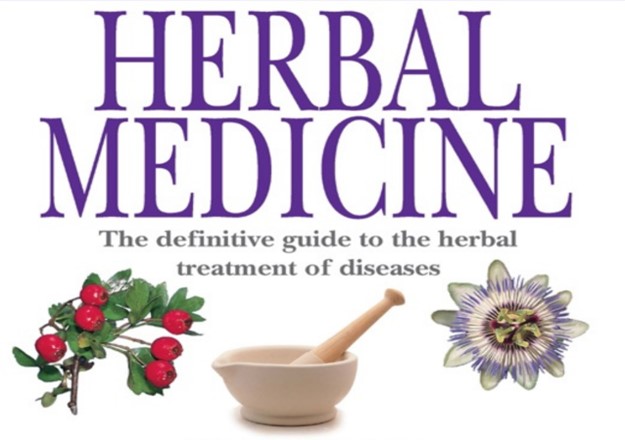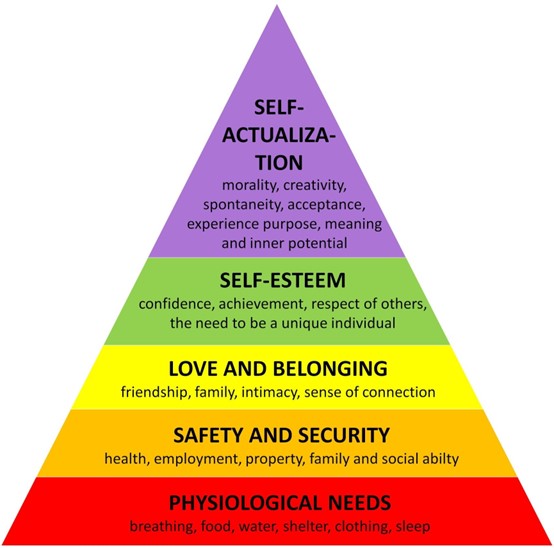Which herbal product is correctly matched to its effect? (Select all that apply).
Gingko Biloba causes fibrin clot formation.
Echinacea enhances immunity.
Ginseng increases physical endurance.
Chamomile enhances the immune response to influenza A.
Aloe promotes wound healing.
Correct Answer : B,C,E
Echinacea is known to enhance immunity.
It has been shown to increase the number of white blood cells, which are part of the body’s immune system and help fight off infections.
Ginseng has been shown to increase physical endurance.
Studies have found that it can reduce fatigue and improve physical performance . Aloe vera has been found to promote wound healing.
It contains compounds that can reduce inflammation and improve antioxidant defenses, which can help accelerate the healing process .

Choice A is not correct because there is no evidence that Gingko Biloba causes fibrin clot formation.
Fibrin is a protein that helps in the clotting of blood, but there is no evidence to suggest that Gingko Biloba has any effect on this process.
Choice D is not correct because there is no evidence that Chamomile enhances the immune response to influenza A.
While Chamomile has been found to have some anti-inflammatory and calming effects, there is no evidence to suggest that it can enhance the immune response to influenza A specifically.
Nursing Test Bank
Naxlex Comprehensive Predictor Exams
Related Questions
Correct Answer is D
Explanation
According to Maslow’s Hierarchy of Needs, all people have basic human needs that must be met before they can attend to higher needs.
These basic human needs are physiological (food and clothing), safety (job security), love and belonging needs (friendship), esteem, and self-actualization1.

Choice A is incorrect because people do not have the same needs at the same time.
Choice B is incorrect because Maslow’s Hierarchy of Needs does not mention the risk of becoming ill.
Choice C is incorrect because not all people have a desire to be the best.
Correct Answer is D
Explanation
Unattended pools pose the greatest danger to toddlers because they can easily drown if they fall in and are not supervised.

Choice A is incorrect because mistletoe tightly secured to the ceiling is unlikely to pose a danger to toddlers.
Choice B is incorrect because medication locked in a cabinet is unlikely to pose a danger to toddlers as long as it remains locked and out of reach.
Choice C is incorrect because large toys with large parts are unlikely to pose a danger to toddlers as long as they are age-appropriate and do not have small parts that can be swallowed.
Whether you are a student looking to ace your exams or a practicing nurse seeking to enhance your expertise , our nursing education contents will empower you with the confidence and competence to make a difference in the lives of patients and become a respected leader in the healthcare field.
Visit Naxlex, invest in your future and unlock endless possibilities with our unparalleled nursing education contents today
Report Wrong Answer on the Current Question
Do you disagree with the answer? If yes, what is your expected answer? Explain.
Kindly be descriptive with the issue you are facing.
